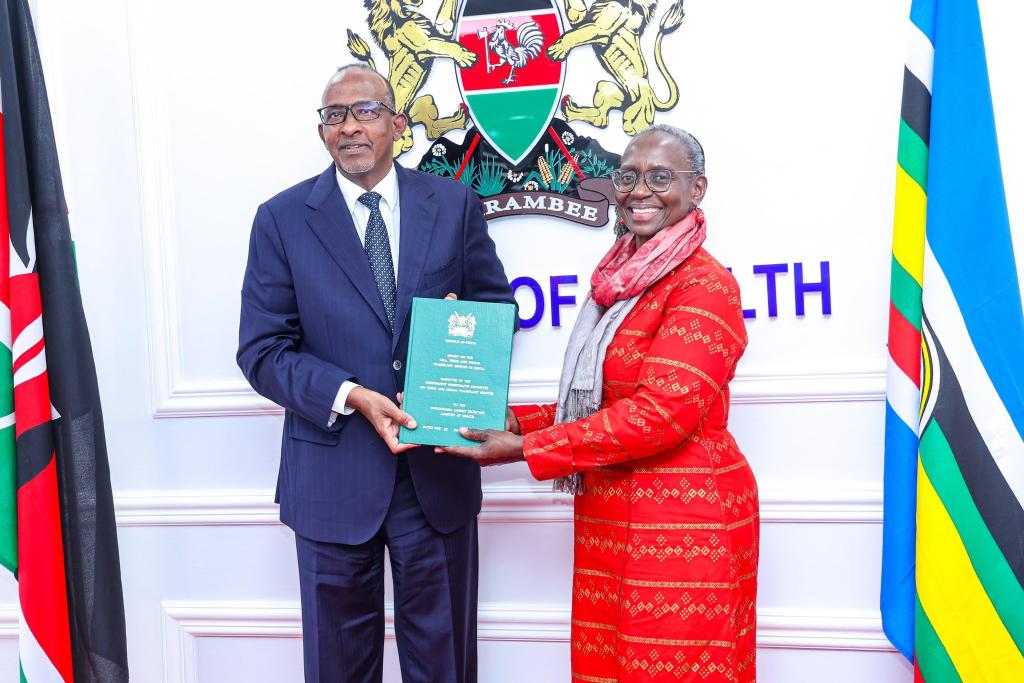Report faults weak oversight of Kenya’s organ transplant centres

The investigators discovered that only one in four kidney‑transplant centres had a fully trained and dedicated multidisciplinary team, while nearly half operated without Standard Operating Procedures.
A fresh inquiry into Kenya’s transplant sector has exposed widespread regulatory gaps, warning that many facilities escape scrutiny once they secure their operating licences.
The Committee on Tissue and Organ Transplant Services, chaired by Prof Elizabeth Bukusi and appointed by Health CS Aden Duale, says poor coordination among multiple agencies and the lack of a single oversight body have opened the door to unethical practices.
“Most transplant facilities are not regularly inspected after initial certification and there is no national transplant registry,” the report states. The committee’s review shows some of the most critical disciplines, clinical pathology and immunology, remain largely unrecognised or unregulated, weakening routine monitoring and raising the risk of malpractice.
Alarm over patient safety was a key reason the committee made up of clinicians, legal experts, ethicists, public‑health specialists and a patient advocate, was formed.
It followed mounting public complaints of possible organ trafficking and questionable transplant procedures.
The investigators discovered that only one in four kidney‑transplant centres had a fully trained and dedicated multidisciplinary team, while nearly half operated without Standard Operating Procedures.
Documentation practices were poor in almost 60 per cent of the hospitals surveyed, with files missing essential records such as consent forms and clinical reviews.
“Only 30 per cent had systems in place for donor follow‑up,” the report notes. None of the establishments offered structured medical or psychological support to donors once they left hospital.
“Kenya’s transplant landscape is marked by inadequate clinical standards, weak donor care systems, insufficient infrastructure and poor documentation.” The committee added that the country’s reliance on living, related donors signals a severely limited donation system that cannot meet rising demand.
The findings show the urgency of creating a unified national authority to register, inspect and audit transplant programmes, and to introduce a central registry to track outcomes, donations and complications.
Without those safeguards, the committee warns, patients and donors will continue to face needless risks in a life‑saving branch of medicine.
